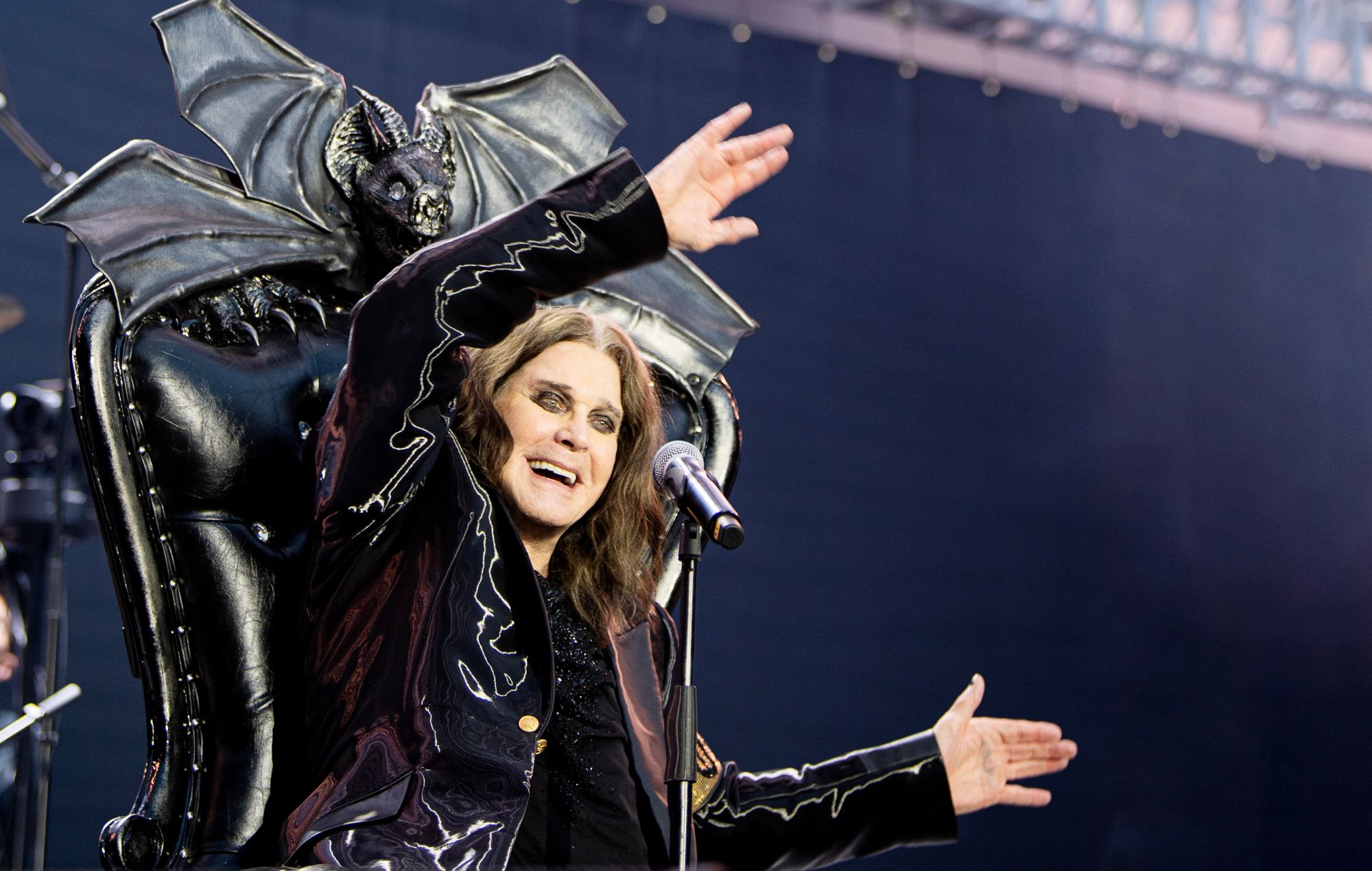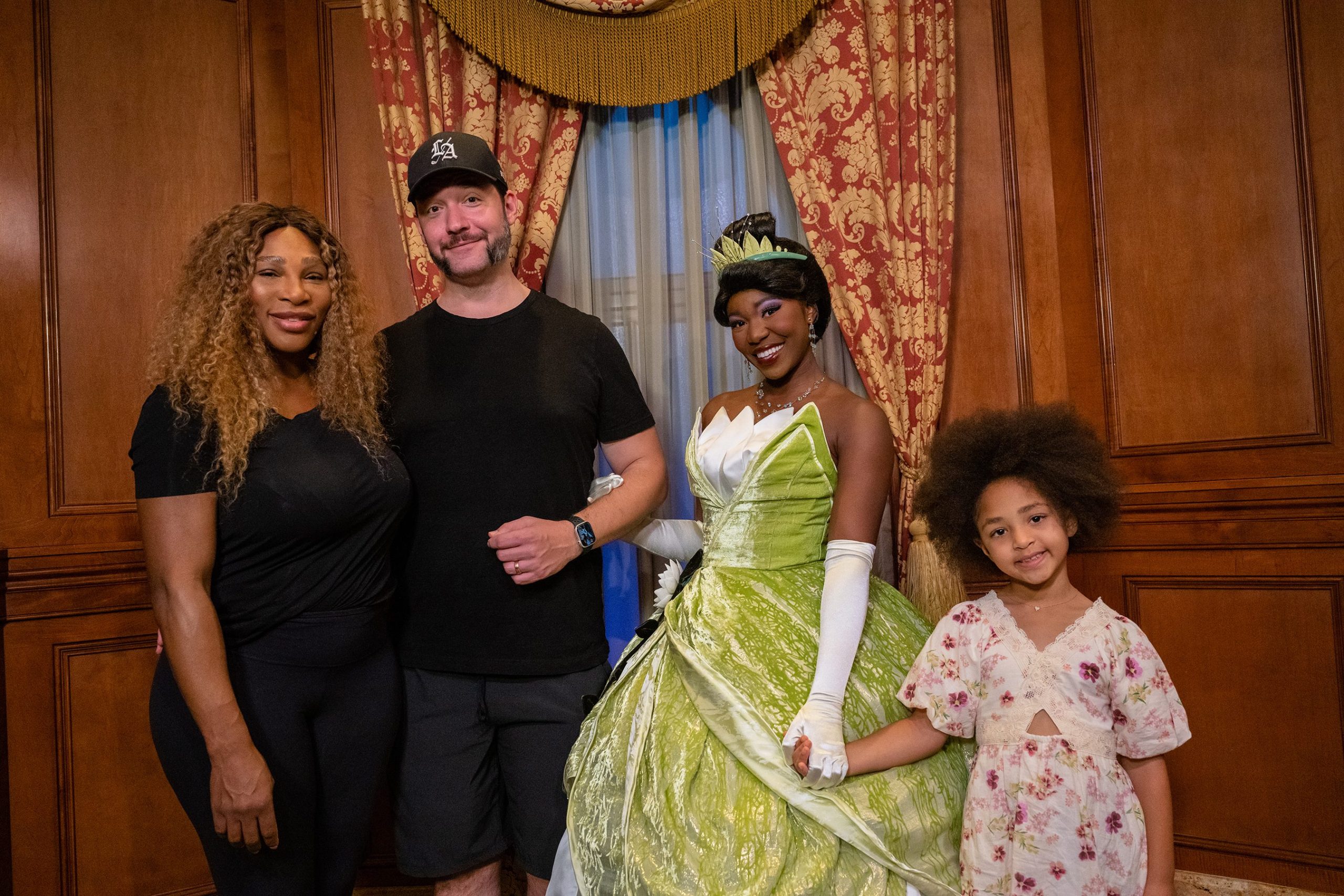As we approach the end of Black History Month, it is essential to highlight a culture that bears an overwhelming significance amid its celebration. That culture is no other than hip-hop culture. While hip-hop has its month in November, National Hip Hop History Month, which was declared by Congress last year, is strictly dedicated to the happenings amid the all-inclusive genre of all races and ethnicities. Black History Month is generally devoted to pivotal moments in African-American culture. As the musical accomplishments of Blacks in America are often highlighted, the identity of hip-hop culture is also significant to African-American history.
Hip-hop’s existence is a product of the generational authenticity of northeastern America’s Black youth. It was a response to the conditions surrounding New York City’s Black youth’s political, economic, social, and cultural reality. With the early 1970s serving as the post-civil rights era, the social climate was filled with progressive revolutionary acts. The 1970s saw the height of the Black Arts Movement with contributions like The Last Poets, Gil-Scott Heron, for example, that showcased a flair of poetic chants that are precursors of hip-hop’s MC element.
According to author Bakari Kitwana, hip-hop’s earliest eras reflect the popular culture, globalization, pervasiveness of segregation, racial implications, and quality of life of African-American youth born between the years of 1965 and 1984. Such is evident with hip-hop’s most revered artists, including Tupac Shakur, Nas, and Kanye West, whose parents were active as activists and musicians during the civil rights era. Hip-hop was a response to the state of insecurity faced by Black and Latino youth of the South Bronx. The disco way of life was mainstream, and as the youth made attempts to participate in top-notch activities, they were utterly denied. In response, they developed a fascination with curating essential sounds, dance moves, and crews with available resources.
DJ Kool Herc conceptualized this act by creating the breakbeat. He selected two unique records and played them simultaneously, secluded the dance portion of infectious funk, soul, or R&B record-extending it into a sequence that allowed burgeoning b-boys and b-girls to shine. Herc’s companion, Coke La Rock’s deed of using the microphone during jams for shoutouts, crowd participation, and announcements was the trigger for the hip-hop MC. Thus, an activity rooted in the desire of the South Bronx’s youth bred a trend that traveled throughout the tri-state area.
Hip-hop culture spread throughout the globe, creating pivotal moments in African-American culture. The 1970s established hip-hop elements, the DJ, MC, graffiti artist, and b-boy. Disc jockeys were the hip-hop scene’s main attraction, with each pioneering DJ contributing an instrumental tactic to the craft. DJ Kool Herc, Grandmaster Flash, Afrika Bambaataa, Grand Wizard Theodore are heralded as critical pioneers of hip-hop’s DJ element introducing tactics such as breakbeats, the quick-mix theory, the scratch, and mixtapes. All of whom are Black men, respectively.
The MC quickly became a talent heard on wax and wasted no time attracting voices in nearby cities. The infant culture was met with class acts including, The Funky Four Plus One More, where hip-hop saw one of their earliest female rappers, MC Sha Rock, The Sugarhill Gang, Cold Crush Brothers, Treacherous Three, and The Sequence. The Black youth of Philadelphia was also privileged to the emerging culture in New York City. Lady B’s “To The Beat Y’all” made the airwaves in 1979, confirming that the once underestimated hip-hop genre honed a purpose beyond just a leisure activity.
As hip-hop entered the 1980s, it became a solidified way of life among the Black youth in America and the demographic’s first music genre. The golden era emerged with a new generation of advanced talent and transformed the genre into an industry that changed the lives of young Black men and women. Hip-hop represented the evolution of young Blacks in America who lived amid the posterior happenings of staunch Black liberation, bringing ultimate relevance to the discussion of Black excellence. Hip-hop will forever remain relevant in the theorem of Black history.







